Research
Members of the Centre for Public History are involved with an ever-growing number of projects. Find details about some of our past and present projects here, and follow us on twitter to ensure that you get the up-to-date news about what we're involved with.
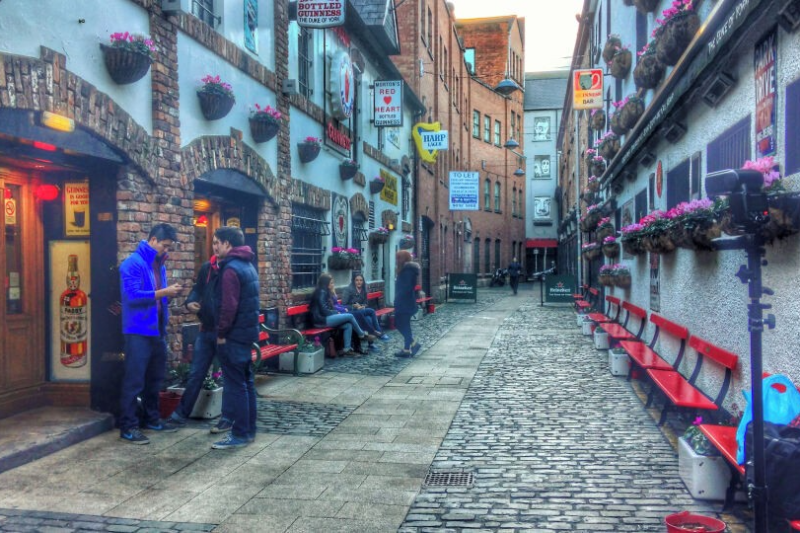
‘Our Place; Our Stories’ is a public engagement initiative developed in partnership with the Greater Shankill Partnership, St John’s Church on Falls Road, and the Public Record Office of Northern Ireland (PRONI). Supported by the AHRC and ESRC through an Impact Accelerator Account Leading Impact grant, the project explores the history of everyday life in west Belfast by engaging with communities from the Falls and Shankill Roads. It focuses on gathering personal stories from those who have lived, or continue to live, in these areas.
Central to the project is the co-creation of a significant new oral history archive, to be preserved at PRONI, alongside the curation of local exhibitions and the creation of a digital memory map. These outputs will showcase and celebrate the rich narratives of childhood, family, work, housing, leisure, and community, uncovering connections that transcend traditional divisions and fostering a deeper understanding of life in west Belfast.
The project builds on Olwen Purdue's earlier work, which began in March 2022 with the curation of an exhibition marking the 150th anniversary of St Matthew's Church, Shankill. This was a collaborative effort involving academics, QUB students, the Greater Shankill Partnership, members of the local community, and PRONI. In 2023, this work was further developed through an information evening held at St John’s Church on Falls Road, which drew around 50 attendees. These earlier initiatives laid the groundwork for the broader scope and ambition of 'Our Place; Our Stories,' bringing together academic expertise and community collaboration to illuminate west Belfast's shared and diverse histories.
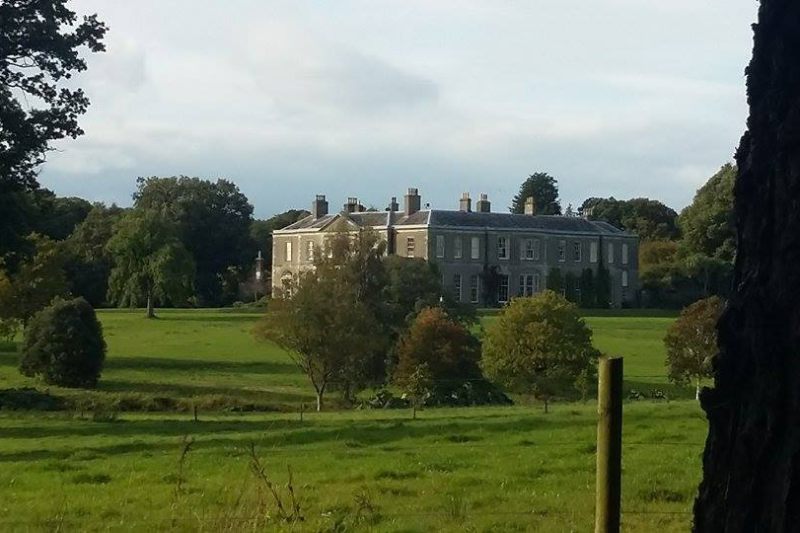
Professor Olwen Purdue, Dr Emma Reisz and Dr Briony Widdis
Historic Houses, Global Crossroads reimagines two of Northern Ireland’s most significant historic estates—Clandeboye and Mount Stewart—as global crossroads of diplomatic, ecological, and intercultural contact. Moving beyond traditional narratives of empire and exploitation, the project explores how these estates served as international hubs for the exchange of ideas, material culture, and knowledge. The HHGC project is a collaboration led by the University of Birmingham, with partners including Queen’s University, the National Trust, Clandeboye Estate, Newcastle University, the National University of Singapore, the University of Toronto, intercultural arts charity ArtsEkta and an international network of scholars and institutions. Together, these partners will create new interpretive models, designed to foster inclusion and enhance public engagement with global historical connections and with environmental sustainability.
Through interactive digital outputs, exhibitions, creative residencies, and educational initiatives, the project will engage diverse audiences, with a particular focus on underrepresented groups and promoting climate change awareness. HHGC will have a transformative impact on how heritage sites are understood, both locally and globally, contributing to the broader fields of public history, material culture studies, environmental history and action, and diplomacy.
The project is led in Queen’s by Professor Olwen Purdue, alongside Dr Emma Reisz and Dr Briony Widdis. It is funded by UKRI: Arts and Humanities Research Council.
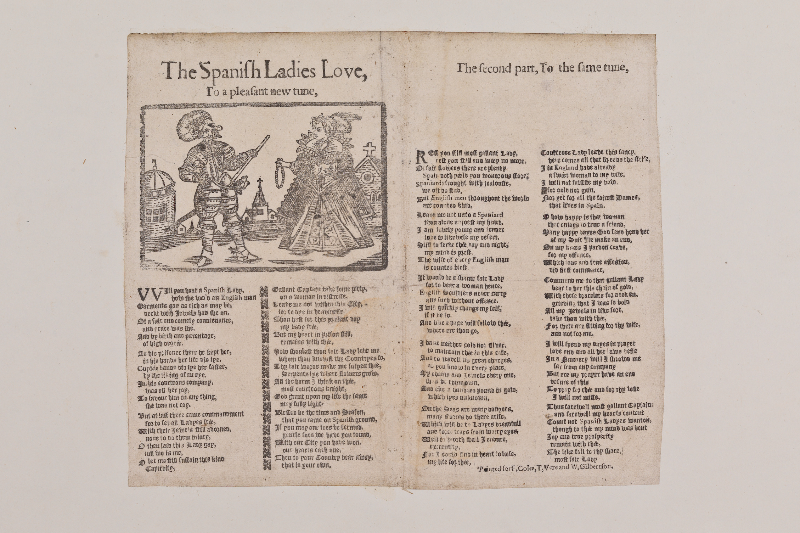
This project was a collaboration between Christopher Marsh (QUB), Angela McShane (Warwick University) and a variety of musicians, led by Andy Watts of The Carnival Band. The aim was to identify and investigate a selection of best-selling ballads (single-sheet songs) from early-modern England. The results can be explored on the project website, which features digital images of the ballads, newly commissioned recordings, essays on balladry, and a rich variety of contextual materials:
Ballads were sold on the streets of early-modern England and were the cheapest form of printed literature available in the period. Historians and literary scholars have often focused exclusively on the texts, neglecting the tunes, pictures and performance contexts that were such an important feature of the ballad genre. Commentators have also treated all individual ballads as if they were of equal significance, neglecting the fact that some were incredibly popular while others had little success in the marketplace. Our project aims to advance the discussion of this key early-modern source by paying attention to all the component parts of a large group of hit songs. Ballads cover a wealth of topics, including religion, politics and history, but the genre was dominated by songs about romantic relationships. A good example is The Spanish Ladies Love, which tells the story of a continental aristocratic woman who falls hopelessly in love with the handsome English sea-captain who holds her as his prisoner (see image - the song is no. 22 on the website).
Image: Euing 340, with permission of University of Glasgow Archives and Special Collections.
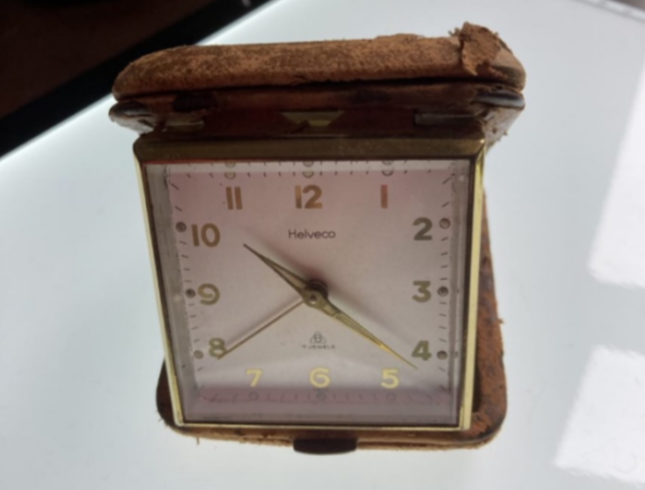
‘MENII Memories, MENII Voices’ (MMMV) is a public engagement project to create a website aimed at general audiences. The website will explore Northern Ireland’s entanglement with global histories of colonialism and imperialism by sharing interview extracts and artistic responses by individuals from across Northern Ireland’s diverse communities.
MMMV will showcase social and community heritage as well as participant contributions which reflect on the interactions of Northern Irish identities, memories and objects. The MMMV project is intended to promote understanding of intersecting themes of shared futures, diversity, and the decolonisation of heritage in Northern Ireland, and aims to amplify community voice in understanding how colonial and imperial histories relate to contemporary society in Northern Ireland. MMMV is in partnership with ArtsEkta, a multi-award winning cultural organisation that works to develop intercultural relationships at the heart of the community. ArtsEkta emphasises inclusivity, creativity and openness in all aspects of society, and is a pioneer in the development of intercultural arts for Northern Ireland.
MMMV builds on the researchers’ previous ESRC research project ‘Museums, Empire and Northern Irish Identity’. MMMV is supported by the AHRC through an Impact Accelerator Account Leading Impact grant.
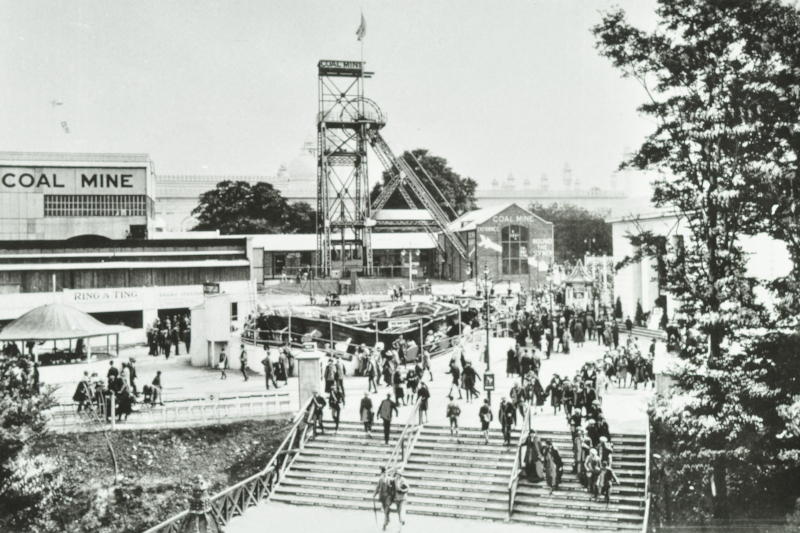
This Illuminate Fellowship project is a pilot research and networking programme that takes a unique public history approach to the historical study of energy and climate. As the climate crisis deepens, our society’s relations with energy are undergoing a profound transformation — and along with it, our understanding of energy’s past, present, and future is changing drastically. This project seeks to contribute to the ongoing revision of energy history to better align the subject with the recent advances in our knowledge about anthropogenic climate change, a major component of which is human consumption of fossil fuels over the last 200 years. This project develops a distinctive public history approach to energy history by combining archival research with a praxis-oriented engagement methodology in its attempt to mobilise historical lessons for informing our discussions on the challenge of societal decarbonisation. And the project’s intervention into today’s energy culture is expected to be achieved through a close collaboration with cultural and heritage institutions, campaign organisations, and concerned citizens.
Based in two research centres — the Centre for Public History and the Centre for Sustainability, Equality and Climate Action — at Queen’s University Belfast (QUB), this pilot project pursues three avenues of research, with an aim of upscaling each strand into a major research project. The first strand, ‘Exhibiting Energy in the Age of Climate Crisis,’ explores the historical and contemporary representations of energy that have appeared in cultural platforms, in particular museum displays and films, to identify the role of cultural production in shaping and imagining alternative energy futures. The second strand, ‘Empowering Energy History,’ addresses methodological and practical challenges for re-imagining energy history as a citizen-oriented and participatory form of knowledge creation and education. The third strand, ‘From Energy Crises to Climate Crisis,’ studies past energy-related crises — from the 1970s oil crises to today’s climate crisis — to shed a new light on the nature of disruptive energy events, drawing lessons on crisis management and its social, political, and ethical implications. These strands are expected to yield unique and evidence-based insights into human-energy interactions and interdependencies, insights that should inform societal decarbonisation over the coming decades.
This project also seeks to establish a broad, interdisciplinary network of scholars across and beyond Queen’s University Belfast to create a meaningful dialogue among experts in humanities, social sciences, natural sciences, and engineering, stimulating a debate on energy and climate issues across disciplinary boundaries.
The project is led by Dr Hiroki Shin, who is working in collaboration with diverse experts in QUB and a wide range of partners in the UK, Europe, North America, Asia, and Australia. As part of the project, a series of academic and public events are planned over the next several years.
Image: British Empire Exhibition, an elevated view of exterior of the Coal Mine exhibit (1924),
image © London Metropolitan Archives (City of London)
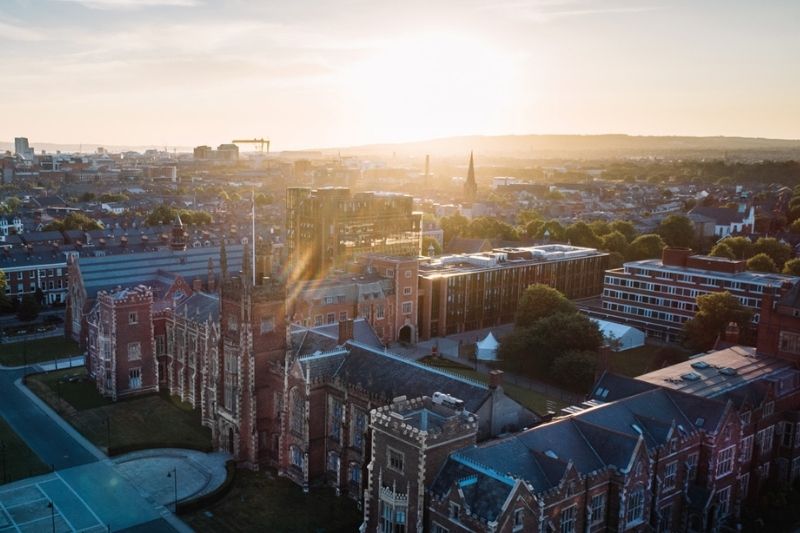
Dr Briony Widdis (Project Lead). Professor Dominic Ryan (PI) and Dr Emma Reisz (Co-I)
‘Museums, Empire and Northern Irish Identity’ is an ESRC-funded Postdoctoral Research Fellowship within the Centre for Public History and Institute of Irish Studies in Queen’s University Belfast. It centres on partnership with National Museums NI, the Northern Ireland Museums Council, the Irish Museums Association and the University of Maynooth’s Centre for the Study of Historic Irish Houses and Estates.
Aiming to benefit both communities in Northern Ireland and source communities, the project is developing links between academic anthropologists and historians; museum professionals and policymakers; community participants and people in Northern Ireland generally.
Black Lives Matter has contributed to an already existing, and now rapidly growing, worldwide movement that is calling with ever greater urgency – in many cases successfully - for museums to decolonize their practice and spaces, to collaborate more actively with source communities and to repatriate objects to the places from which they came. For centuries, people from Ireland collected objects in other parts of the British Empire. Representing Indigenous peoples on whom the lives of the colonizing Irish impacted, knowledge is limited as to whether, and how, these collections contributed to the historical shaping of Irish, and, after Partition, Northern Irish identities, at and after the time they were acquired. Similarly, there has been an absence of research on to whom they are significant within contemporary populations, in their places of origin, in Northern Ireland or elsewhere.
This project therefore aims to develop, share, and disseminate research into these collections as legacies of empire, and to explore the role of museums and private collectors in these debates. Additionally, it examines whether, and if so how, colonial collections, as well as being strongly evocative for the source communities who were their first owners, also carry meanings for people living in an increasingly diverse Northern Ireland today. In this way, the project seeks to challenge dominant museological distinctions between European objects and those from the global south which have often been totalized by museums’ disciplinary categories; and to develop a framework for the more holistic and inclusive understanding and interpretation of these collections.
A central idea within the project is that “ethnographic” or “world cultures” objects have been neglected because the subject of colonialism is politically contentious and is regarded by many as distasteful; and because in Northern Ireland, given its relationships with Ireland, the UK and, in the past, the British Empire, raising it can provoke racist discourse, civil unrest and even violence. The Fellowship will explore whether it is true that the potential of colonial objects to fuel polarized public discourse, both locally and globally, explains why there has been little research aimed at understanding the histories of objects from the Arctic and Antarctic, Africa, the Americas, Asia, and Oceania in Northern Ireland’s museums.
Outputs, delivered in partnership with museum partners and other researchers, will include a survey of colonial collections, community engagement and a conference and associated publications.
Collaborators:
- Institute of Irish Studies;
- National Museums NI;
- Northern Ireland Museums Council;
- Irish Museums Association;
- Centre for the Study of Historic Irish Houses and Estates, University of Maynooth
CONFERENCE: Call for Papers, 8-9th April 2020
Contact the project team by email or follow on Twitter.
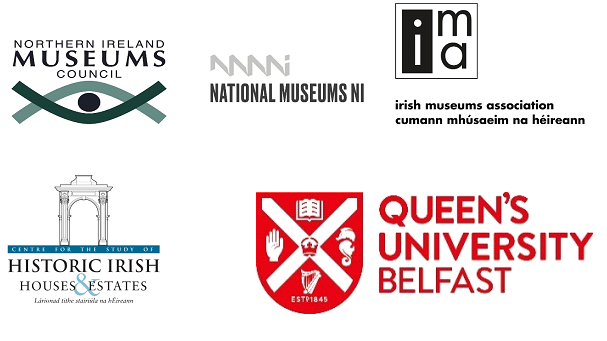
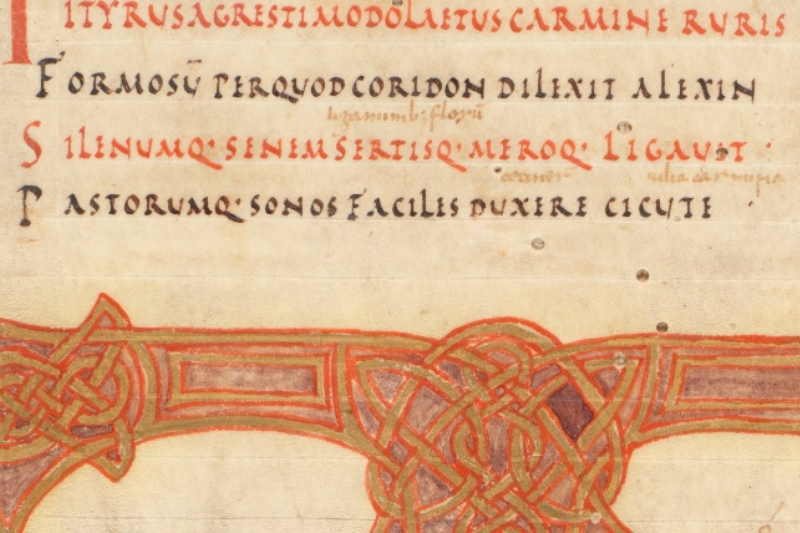
Dr Sinead O'Sullivan and Dr Ciaran Arthur
As part of an AHRC leadership fellowship project, 'Ciphers, Codes and Notes’ is an online exhibition and a planned public exhibition at the McClay Library. The public exhibition will foreground the importance of cryptography, an area in which Queen’s has made a significant contribution through the work of the late Professor Keith Jeffery. To celebrate his contribution, I have been granted permission by the AHRC to purchase a glass display case and plaque commemorating Professor Jeffery (£6,500). The display case will be used in the physical exhibition and will remain in the McClay Library.
The online exhibition, now live, harnesses two digital platforms (SWAY and OMEKA) in order to exploit the advantages afforded by each (i.e. SWAY is attractive and engaging visually and OMEKA provides good access to detailed metadata which is useful for researchers and students alike). In addition, the online exhibition has been designed as a teaching resource. The exhibition offers a virtual tour of some of the most highly-prized early medieval manuscripts preserved in Switzerland, Austria, Germany, Italy, and England. It has been advertised via Mediev-L, the Network for the study of Glossing, Academia.edu, as well as through social media platforms (the Special Collections Library blog, HAPP webpage and HAPP social media, Twitter, and Facebook).
The exhibition (with free entry) and online version (completed) seek to appeal to the wider public in Northern Ireland and beyond. By juxtaposing medieval and modern examples of crafting knowledge, harnessing popular interest in codebreaking, and drawing on the local collections of The McClay library and placing them alongside materials from other libraries across the UK and Continent, the exhibition aims to foreground the value of humanities research, the relevance of public institutions like libraries and museums for the preservation of the material heritage of the past and the crucial role of historians in enhancing public enthusiasm for and understanding of the importance of local, national and international heritage resources.
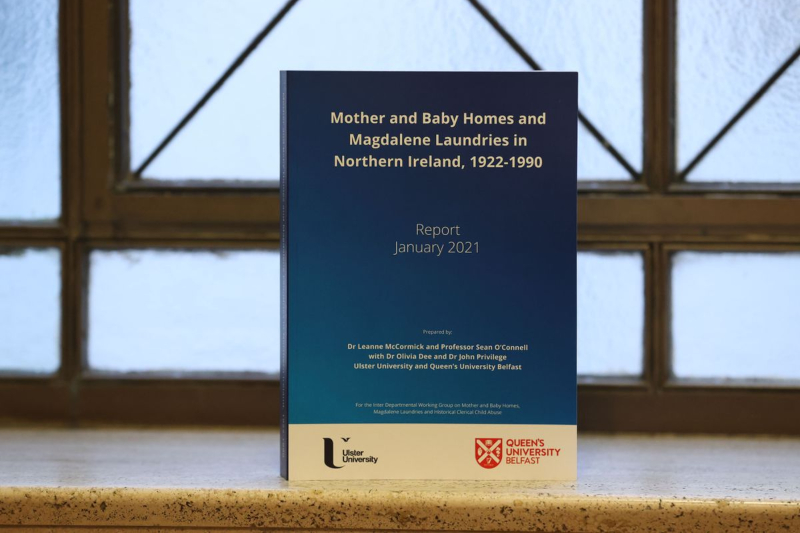
Prof. Sean O'Connell and Dr Leanne McCormick (Ulster University)
In 2018, Sean O’Connell (with Dr Leanne McCormick of Ulster University) was commissioned by the Department of Health to examine the history of mother and baby homes and Magdalene laundries in Northern Ireland. Their task was to probe the available archives and to gather oral testimony to produce a report on the history of these controversial institutions. O’Connell led the oral history research, which was carried out by Dr Olivia Dee. Eventually, interviews were recorded with 60 individuals who had experience of a number of mother and baby homes (Marianvale in Newry, Marianville in Belfast, the Mater Dei home Belfast, Thorndale, Hopedene, Mount Oriel, Kennedy House, Deanery Flats, Malone Place – all in Belfast) and a number of so-called Magdalene laundries (the Good Shepherd St Mary’s homes in Belfast, Derry/Londonderry and Newry; and the Salvation Army’s Thorndale Industrial Home in Belfast).
The report was published in January 2021 and was debated in the Stormont assembly. Described by Amnesty International as ‘a momentous report’ its important conclusions led the Northern Ireland Executive to commit to a full inquiry on the history of these institutions. In marked contrast to similar reports in the Republic of Ireland, it was welcomed warmly by victims and survivors groups. Further oral interviews are planned for summer 2021 and the project team has plans to create a website that will feature some of the oral narratives that was collected during the research.
The report’s approach to oral history has been hailed for its victim-centred approach to historical truth recovery and it was the narratives of victims and survivors that captured the attention of the media as the report dominated Northern Ireland’s media outlets in the days following is publication. The work is one example of the expertise offered by Queen’s academics working with the QUOTE Hub oral history collective.
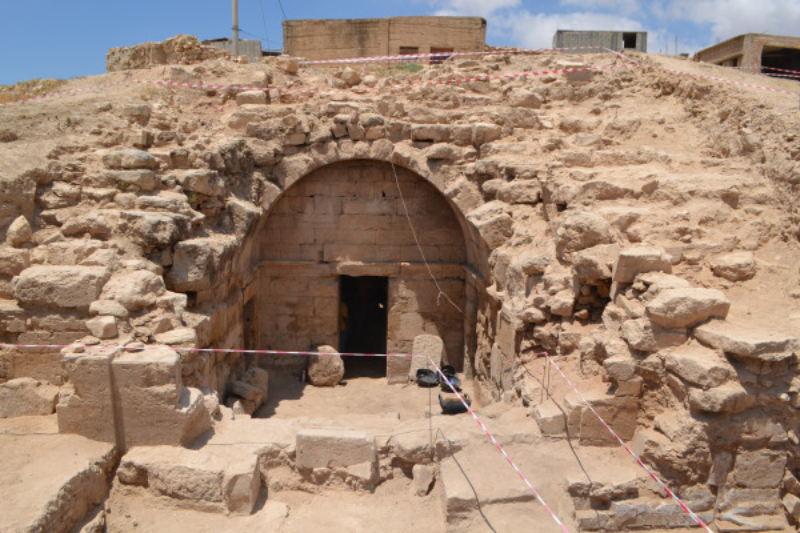
Dr Olwen Purdue (PI), Dr Neil Sadler (Co-I), Dr Sue-Ann Harding (Co-I) and Dr Nadar Albkower (Co-I, Mutah University)
This community public history project examines the connection between engagement with the past and wellbeing among local communities in Dhiban, Jordan. The town of Dhiban, 40 miles south of Amman, has a population of around 15,000 composed of peoples from many different backgrounds and origins. Many are migrants from Palestine and Syria, but the largest group are Bedouin from the Bani Hamida tribe who settled here in the 1950s. Economic hardship and social marginalisation is prevalent among these peoples, and their voices are rarely heard in the historical narrative of Dhiban, dominated, as it is, by the formal, academic history of the nearby Tall Dhiban, one of Jordan’s most important archaeological sites and a centre of scholarly activity.
Building on research carried out on Purdue’s Wellcome Trust-funded project on heritage and wellbeing in inner-city Belfast, Heritage Connects, the project works with local schools to encourage engagement for storytelling and history collection at a community level and to build capacity among teachers and students for capturing and communicating the rich and diverse histories of their peoples and place. Through a series of workshops and a summative History Harvest event, it seeks to amplify the multiple voices associated with Dhiban across socio-economic, generational, and gender divides, allowing these voices to be heard in connection with the internationally-renowned heritage site which dominates the historical narrative of the region.
The project is funded by the AHRC Newton-Khalidi fund and is led at Queen’s University Belfast by Dr Olwen Purdue, Director of the Centre for Public History, alongside Drs Neil Sadler and Sue-Ann Harding, Centre for Translation Studies, QUB, and Dr Nader Albkower, Mutah University. It is part of a major archaeological project headed by Dr Bruce Routledge, Department of Archaeology, Classics and Egyptology, University of Liverpool, in collaboration with the Dhiban Excavation and Development Project.
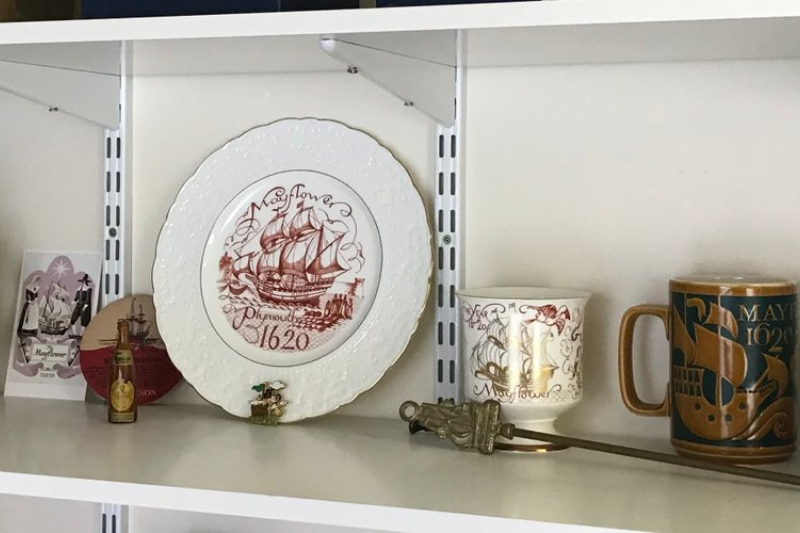
Dr Tom Hulme (PI), Dr Martha Vandrei (Co-I, University of Exeter) and Dr Edmund Downey
Drawing on an analysis of visual, textual, and physical materials, this Arts and Humanities Research Council funded project is the first to provide an authoritative and critical analysis of the powerful draw of the story of the Mayflower Pilgrim’s in British culture. Acknowledging that the meaning of the voyage has altered substantially to suit specific agendas at different points in history, we are aiming to provide a timely lens through which to view the contemporary vogue for historical commemoration. A critical view, across a long chronological range and through a broad thematic scope, will give key insights into the relationship between historical culture and religion, Anglo-American cultural diplomacy, and local tourism and place-making. We are working with local partners in Southampton, particularly the Mayflower Theatre, and also the British Library in London, to bring this project to broader local and national communities. Workshops, public debates, oral history interviews, and theatrical performances will encourage the public to reflect on aspects of the historical retelling of the Mayflower story.
More information can be found here: http://voyagingthroughhistory.exeter.ac.uk/
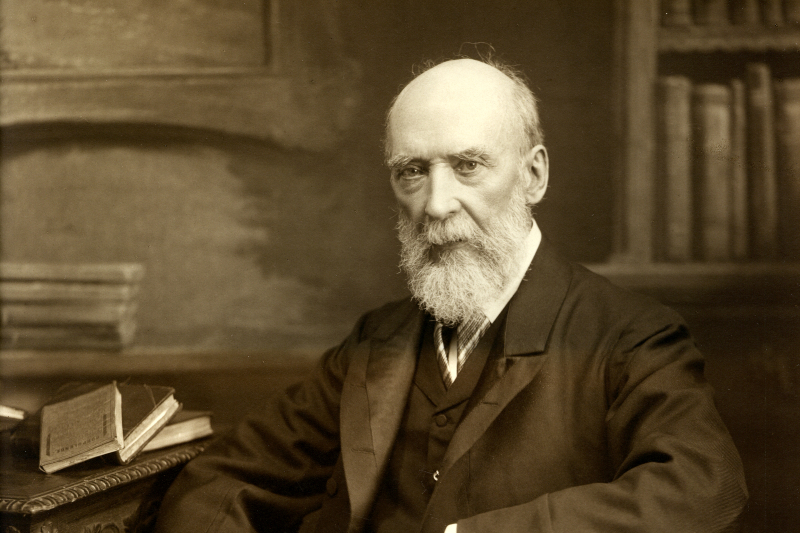
Dr Emma Reisz and Dr Aglaia De Angeli
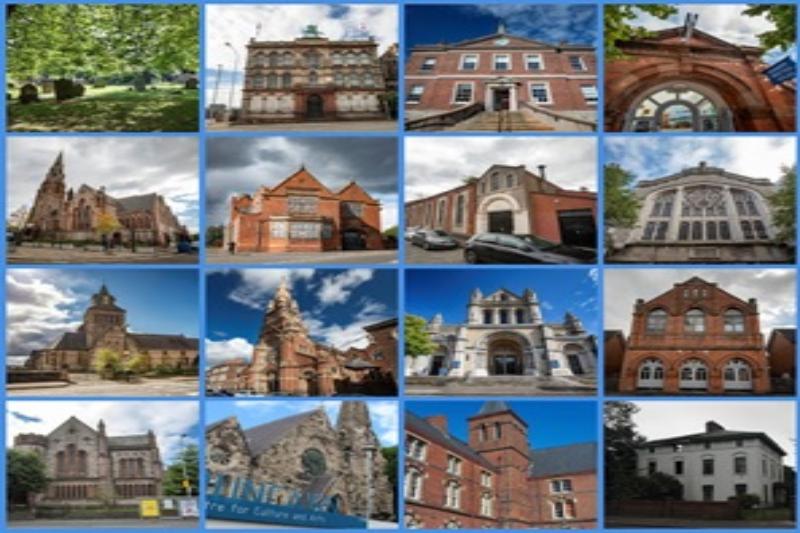
Great Place North Belfast (GPNB) is one of four Great Place projects in Northern Ireland and received funding from The National Lottery Heritage Fund (NLHF) and Belfast Charitable Society (BCS). The NLHF’s Great Place scheme aims to provide heritage-led regeneration by allowing communities to explore how their unique heritage can be used to shape their future and tackle wider issues such as poverty, employment, health and education.
Sustainable partnerships are central to the success of the project and the North Belfast Heritage Cluster (NBHC) is at the heart of the project. NBHC is a group of fifteen voluntary organisations that own or care for an historic building (and graveyard!) in north Belfast. Their goal is to make better use of what people care about – the collection of historic buildings and the real stories connected to them – to support economic and social development in the local area. The strength of north Belfast’s heritage is its diversity, and this is represented by the Cluster members. From Grade A listed city landmarks to local places of worship, the Cluster is at the heart of Belfast’s story, both past and future.
The Archive project:
The Archive Development project aims to uncover the history of each Cluster member, increase access to the sites and the stories they tell, and raise awareness of the history and heritage in north Belfast. Practically speaking, this means sorting through any items that are held on-site, identifying the connections between the members, and discovering and recording external sources. The project will enable the Cluster members to begin properly recording their archive material or build on what they have already started.
Whilst they operate together as a Heritage Cluster, the members have vastly different aims, priorities, and visions for the future. Some want to create a comprehensive, catalogued archive that will be stored on-site while others simply want to understand more about the history of their building. The Archive team’s task is to create a cohesive plan of action for each member and ensure that they are all satisfied with the project’s outcome.
Our Progress:
The project pilot began by conducting an initial scoping of each Cluster member’s archive.
A bespoke archive scoping template was created based on RASCAL, Dublin Core Standard and recommendations from PRONI. This template was used at individual meetings with the Cluster members to discuss the archival materials they held, the current state of their archives, and their aims and outcomes for the end of the project. From these meetings, it became clear that the cluster could be categories into three groups based on their progress and aims. This categorisation has formed the foundation for the project’s work plan.
GPNB has used the months of lockdown to conduct the next phase of external research, revise the individual Action Plans and launch a 4 month ‘Telling Our Stories’ feature across social media platforms to share the Cluster’s stories and connections, and increase engagement with and awareness of the Archive project. The initial scoping exercise has now been completed but recording the archives, creating exhibition material, and increasing local engagement will be a much longer-term project. The next phase – lockdown easing permitting – will be to establish a volunteer base, begin the physical task of locating, sorting and recording resources and develop the opportunity for using oral history to record the history of the members with less physical materials.
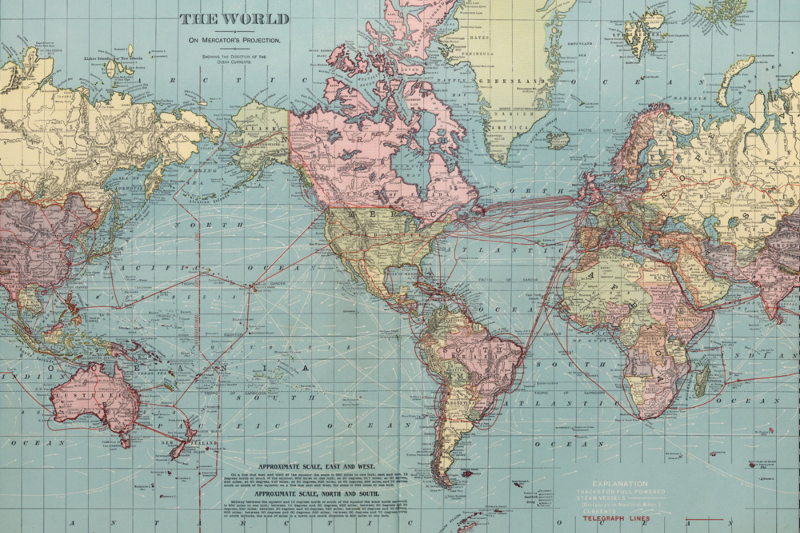
Prof. Fearghal McGarry (PI), Prof. Enda Delaney (Co-I, University of Edinburgh), Dr Darragh Gannon, Dr Patrick Mannion (University of Edinburgh) and Dr Brian Hanley (University of Edinburgh).
This three-year project set out to analyse the global history of the Irish Revolution. One research strand focused on the impact of global influences on the revolution within Ireland. The second was concerned with analysing the significance of Irish nationalism beyond Ireland. Both strands addressed the same overarching question: to what extent must revolutionary change be understood within a global and transnational, as well as a nation-state, framework?
The project team collaborated with a broad range of educational and public history partners to disseminate our research findings. Support from the Irish Department of Culture, Heritage and the Gaeltacht ensured that a special supplement of History Ireland was distributed to 715 post-primary schools across Ireland. A podcasted series of History Ireland ‘Hedge Schools’ exploring the global impact of the Irish Revolution were held in Ireland and the UK. The project developed content for the Boston College/RTÉ Century Ireland website, while Dr Bobbie Nolan worked with the Royal Irish Academy and history-teaching organisations to develop learning resources for A Level and Leaving Cert exams in Northern Ireland and the Republic of Ireland. The project also worked with the Ulster Museum on its major exhibition marking the centenary of partition which will explore how global factors such as the impact of the First World War and the drawing up of new borders and boundaries as empires collapsed shaped partition in Ireland.
The project was funded by the AHRC and led by Prof. Fearghal McGarry who worked with research fellow Dr Darragh Gannon. The University of Edinburgh research strand was led by Prof. Enda Delaney, alongside Dr Patrick Mannion and Dr Brian Hanley, while Boston College provided another key collaborator.
For further information about the project, see Fearghal McGarry’s article in the Irish Times and Century Ireland.
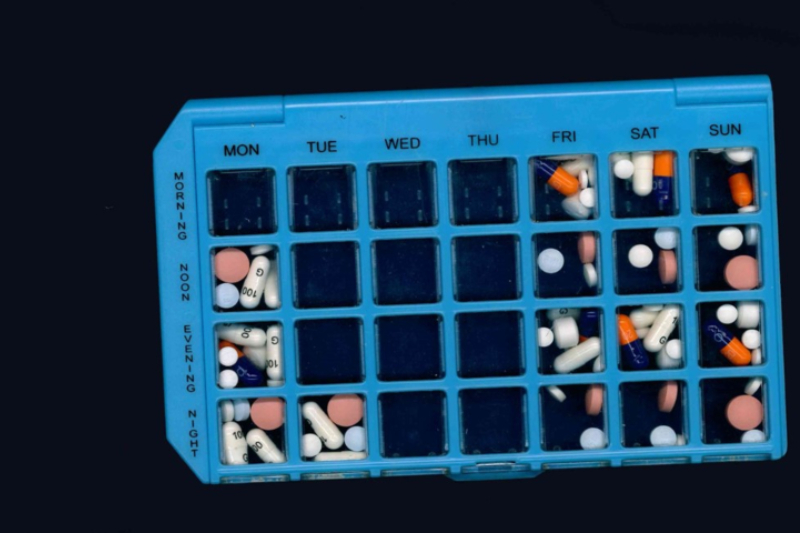
Dr Leonie Hannan, Dr Gemma Carney, Gemma Hodge (artist), Paula Devine (ARK, QUB) and Lorraine Calderwood (Arts Council NI)
The Lively Project is an academic, cultural and public engagement project that began in 2016 and has since led to a number of collaborative outcomes in terms of teaching, research and wider societal impact. The project is anchored in the work of Booker Prize winning novelist Penelope Lively. In 2014, Lively published a memoir Ammonites and Leaping Fish: a life in time. In the final chapter of that memoir, she chooses six objects which ‘articulate something of who I am.’ In 2016 a team of researchers, artists and art professionals took this idea and brought it to life as part of a Wellcome-funded pilot project. Six older people were recruited, who were brave enough to share the objects that tell the story of their lives. Visual artist Gemma Hodge produced a number of pieces of art work which were displayed, with the objects at an exhibition at the The Crescent Arts Centre, Belfast in December 2016. The pilot project gained media coverage, including in The Conversation.
Since then, the team have developed their interdisciplinary approach to the study of ageing through a number of academic activities, including:
- A new level 2 undergraduate module entitled ‘Questions for an Ageing World’, designed and taught by Carney and Hannan and in its third year.
- Papers at conferences and seminars including: ‘Narratives of Ageing in the Nineteenth Century’ (University of Lincoln, July 2019); ‘Interdisciplinary Studies of Ageing – how does collaboration between the social sciences, humanities and arts reveal the experience of old age?’ (Queen’s University Belfast, May 2019).
- Journal articles: Hannan et al., ‘“A View from Old Age”: Women’s lives as narrated through objects’, Life-Writing, 16:1 (2019), pp. 51-67 (reproduced in 2020 by Routledge in M. O’Neill and M. Schrage-Früh, eds, Women and Ageing: Private meaning, social lives); Carney and Hannan, ‘“To Write My Autobiography and Get Myself in Focus Genetically’: G. Stanley Hall’s Senescence (1922)’, Age , Culture, Humanities (forthcoming). A further journal article on ageing and masculinity is in progress.
- A funded PhD project ‘Material Memoirs on the Journey of Life’ with a 2020 start and supervised by Gemma Carney and Leonie Hannan, student: Ángel Leira-Pernas.
The project seeks to communicate the rich perspective that is provided by living a long life.
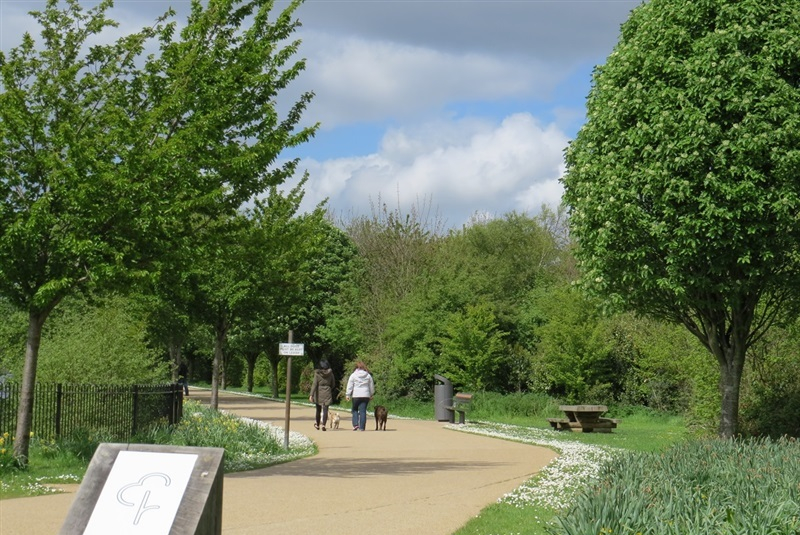
Dr Olwen Purdue (PI), Dr Leonie Hannan (Co-I), and Dr James Greer
This Wellcome Trust-funded project explores the relationship between history, community, and social capital, looking at ways in which engagement with local heritage affects wellbeing in urban areas. Taking east Belfast as a case study, where levels of social capital and social cohesion have historically been low and health inequalities high, the project investigates the role of heritage in individuals’ wellbeing and health behaviours. Our study focuses on communities living around historic parks in two different socio-economic areas, Victoria in inner-city and Orangefield in suburban east Belfast, and explores with them the extent and nature of their engagement with historic spaces and places in their area.
Through engagement with local community groups and collaboration with a major MRC-funded study of the health impacts of Connswater Greenway, we are testing the potential of heritage to increase physical activity and enhance individuals’ and communities’ sense of connectedness thus contributing to both physical and mental wellbeing.
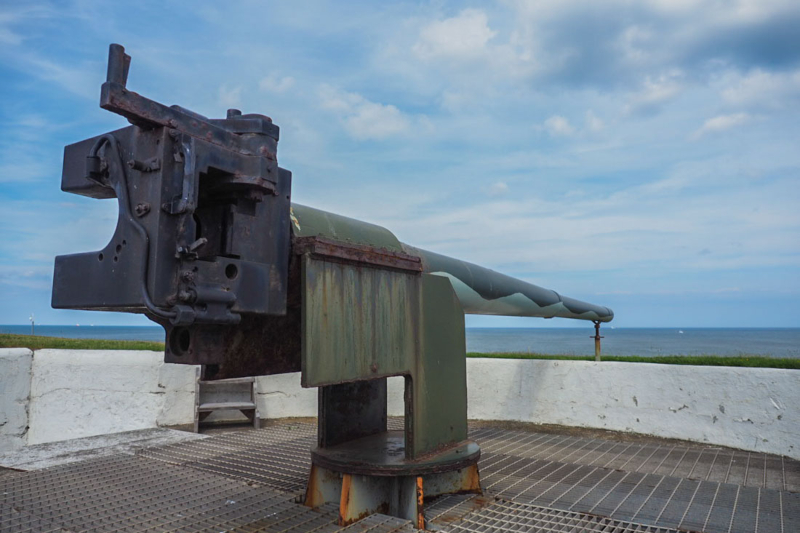
Dr Ann-Marie Foster (PI), Dr Michael Reeve (Co-I, University of Hull) and Diane Stephens (Co-I, Manager Heugh Battery Museum Hartlepool)
This community project, funded by a First World War Network Collaborative Grant, offers a fresh perspective on the bombardment of Hartlepool. The Heugh Battery was the site of the first soldier killed by enemy action on British soil in the First World War. The Heugh Gun Battery, a coastal defence outpost in Hartlepool, North East England, is now a museum dedicated to commemorating the bombardment in which seven soldiers were killed. The project seeks to foster a new understanding of what happened, considering how German troops would have felt about the bombardment, and allowing a greater understanding of the nuances of war to be discussed in a community so affected by it. Community members, volunteers, and academics, will all explore what the Heugh Battery would have looked like from the sea, and, using images of the Heugh Battery from the coast, produce material reflecting on the complexities of modern warfare.
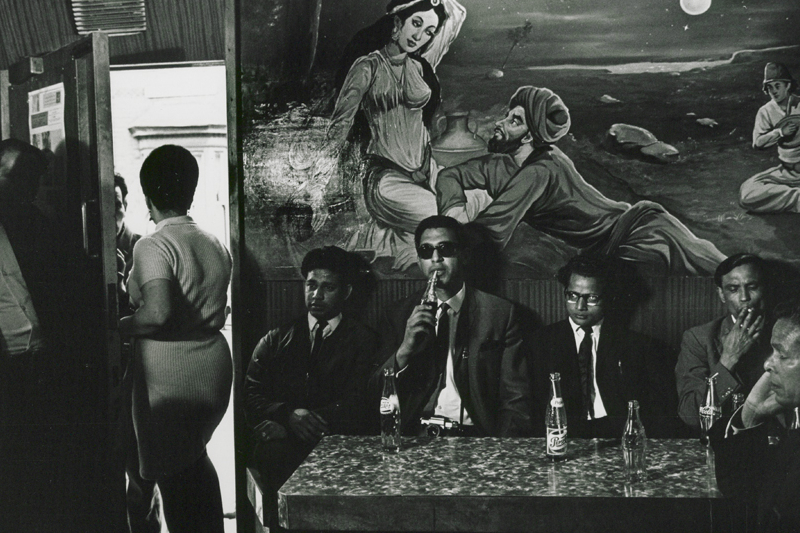
Dr Kieran Connell and Dr Matthew Hilton (University of Birmingham)
This project (2015-16) explored the photographic archive of Janet Mendelsohn, an American graduate of Harvard University who between 1967 and 1969 was a research student at the Birmingham Centre for Contemporary Cultural Studies. The Centre was established in 1964 by the literary critic Richard Hoggart as a place for the academic study of popular culture; during Mendelsohn’s time in Birmingham she used photography as a tool for her field work, and focussed on Balsall Heath, an infamous ‘red light’ district and site of increasing ethnic diversity. Mendelsohn would take some 3,000 photographs in Balsall Heath, as well conduct scores of interviews with pimps, sex workers and their clients. She published a selection of this work in a local magazine in 1969, and showed it again at an exhibition the US in 1970. After that, her photographs would not be seen in public for more than four decades.
In 2015, the AHRC awarded Kieran Connell (QUB) and Matthew Hilton (University of Birmingham) funds for a project to give Mendeslsohn’s work a new and much larger audience. The project centred around a major public exhibition, held at the ikon Gallery in Birmingham in early 2016; a major symposium was staged on the legacies of Mendeslohn’s work, featuring talks from the Magnum photographer Susan Meiselas and the well-known artist Mishka Henner; a ‘pop up’ exhibition was put on in Balsall Heath, the same area that Mendelsohn had originally documented; and local residents took their own photographs that explored the nature of Balsall Heath today.
For more information about the project, see the Guardian’s review and a podcast that originally aired on BBC Radio 4. The historical context around Mendelsohn’s work is explored in an article by Kieran Connell in History Workshop Journal.